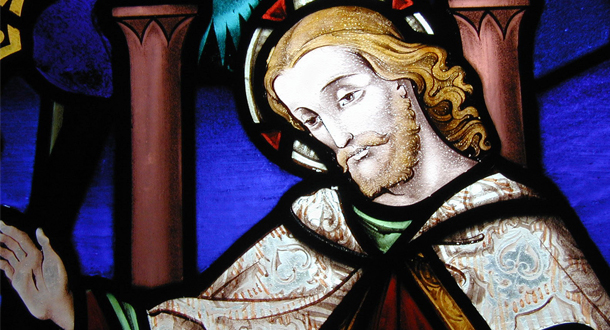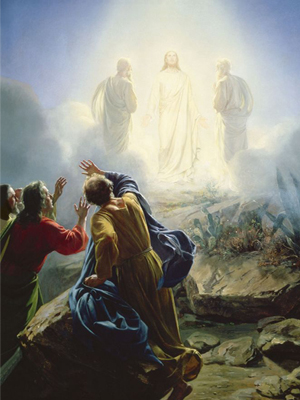
Scripture:
2 Kings 2:1, 6-14
Matthew 6:1-6, 16-18
Reflection:
At one time during the First World War a young British Army surgeon was accompanying his senior officer-surgeon around the wards of the wounded soldiers. They had completed the wards housing the British soldiers and were now making a round of the wounded German prisoners. They came to a man with a badly damaged hand, and the senior surgeon upon a quick examination remarked for the notes “We can probably save the hand itself, but the fingers will have to be removed”. And then he walked on to the next bed. But the prisoner understood some English and his eyes met those of the young doctor as he pleaded “Please, I am a watch maker”.
Watchmaking as a profession has probably disappeared from our world, but in 1915 it was still a viable occupation and one that required surgeon-like precision and the obvious use of one’s fingers.
The young doctor was moved by pity and hurried after the senior surgeon to plead for the chance to save both the hand and the fingers. His appeal was not appreciated in a situation of limited resources of supplies and time – and after all this man was an enemy – but by persisting he won permission to try to save all of the hand. After much effort he did so.
Perhaps not surprisingly, after the war the young doctor studied for priesthood and was ordained and ended his ecclesial life as a Bishop in the Anglican Church.
It often takes great courage to act against social expectations or one’s peer group or indeed the law itself.
One does not readily set aside any of the above, let alone all three at one time. Yet today we read of Jesus standing up to the letter of the law, the criticism of the Pharisees and the long standing traditions that surrounded the Sabbath.
But it is the statement of Jesus “… I desire mercy, not sacrifice…” that seems to give us the sound interpretive principle for understanding the motivations and perspective of Jesus. The disciples are innocent of any wrong doing – they are merely picking corn because they are hungry, yet there are those willing to ignore compassion and to condemn them for a minor infringement of the law.
The young doctor in the story above had understood this – he chose not to see an enemy, but a fellow traveller on life’s journey. He chose not to see a problem too difficult to deal with, but rather to see a need and a future life either ruined of saved by his actions. The young doctor understood the words of Jesus “What I desire is mercy”… (not a slavish adherence to the letter of the law, or to peer expectations or social conventions).
Let us make this principle of Jesus the one by which we judge, interpret and respond to situations of need and challenge. At times it will take some courage to do so, but we can act knowing that we follow the teaching and example of the Lord himself.
Fr. Denis Travers, C.P., is the Provincial Superior of Holy Spirit Province, Australia.







